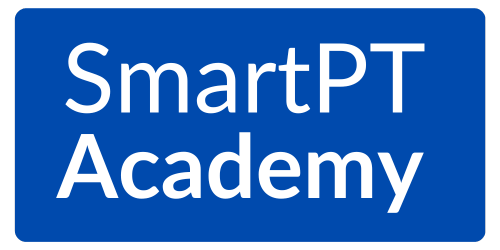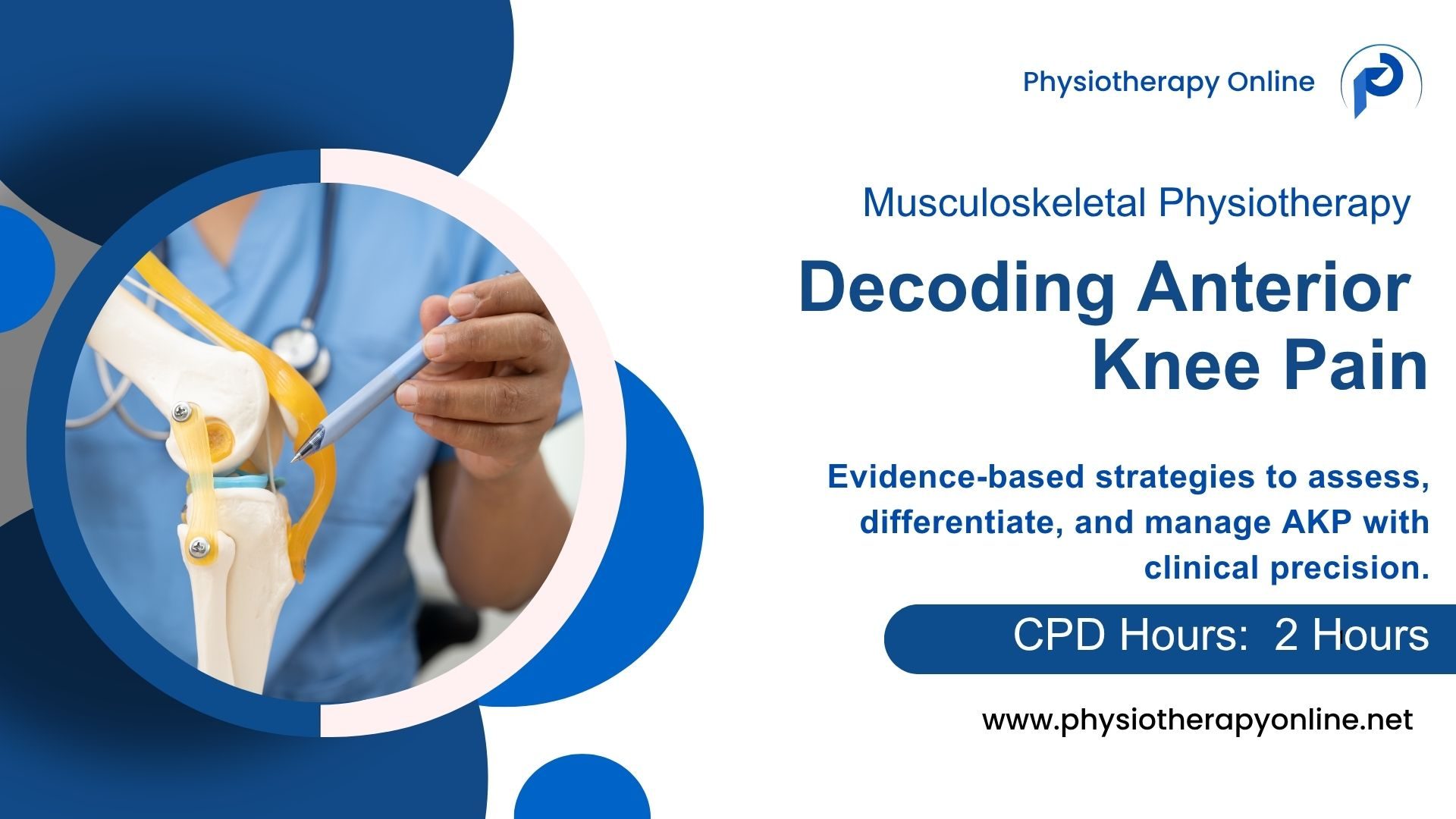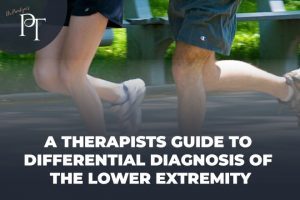Anterior knee pain (AKP) is one of the most common and complex presentations in musculoskeletal physiotherapy—yet it remains one of the most misunderstood. This in-depth, evidence-based course is designed to equip physiotherapists with the clinical clarity, anatomical insight, and therapeutic precision needed to confidently assess and manage AKP across diverse populations.
Spanning patellofemoral pain, chondromalacia patellae, and patellar tendinopathy, this course blends foundational anatomy with cutting-edge interventions—from neuromuscular retraining and load management to biologic injections and surgical decision-making. You’ll explore the kinetic chain from hip to foot, decode imaging findings, and learn how to integrate psychosocial screening into your clinical reasoning.
Drawing from international guidelines and the latest research—including meta-analyses, cohort studies, and systematic reviews—this course empowers you to:
- Differentiate between structural and functional contributors to AKP
- Apply targeted assessment tools and functional tests
- Prescribe progressive, individualized rehab programs
- Evaluate the role of PRP, shockwave therapy, and blood flow restriction
- Understand when to refer for imaging or surgical consultation
- Communicate confidently with patients, surgeons, and interdisciplinary teams
- Explore evidence based practice related to knee pain and management
Whether you’re working with adolescent athletes, post-op TKA patients, or active adults with persistent pain, this course will sharpen your diagnostic lens and expand your therapeutic toolkit.
Who Should Enroll:
- MSK and sports physiotherapists
- Advanced practice clinicians
- Rehabilitation specialists
- Students preparing for clinical placements or licensing exams
Format & Features:
- 9 structured chapters (~2.0 hours total)
- Clinical prompts, MCQs, and downloadable tools
- Certificate of completion (70% quiz pass mark)
- Based on current evidence and international guidelines






